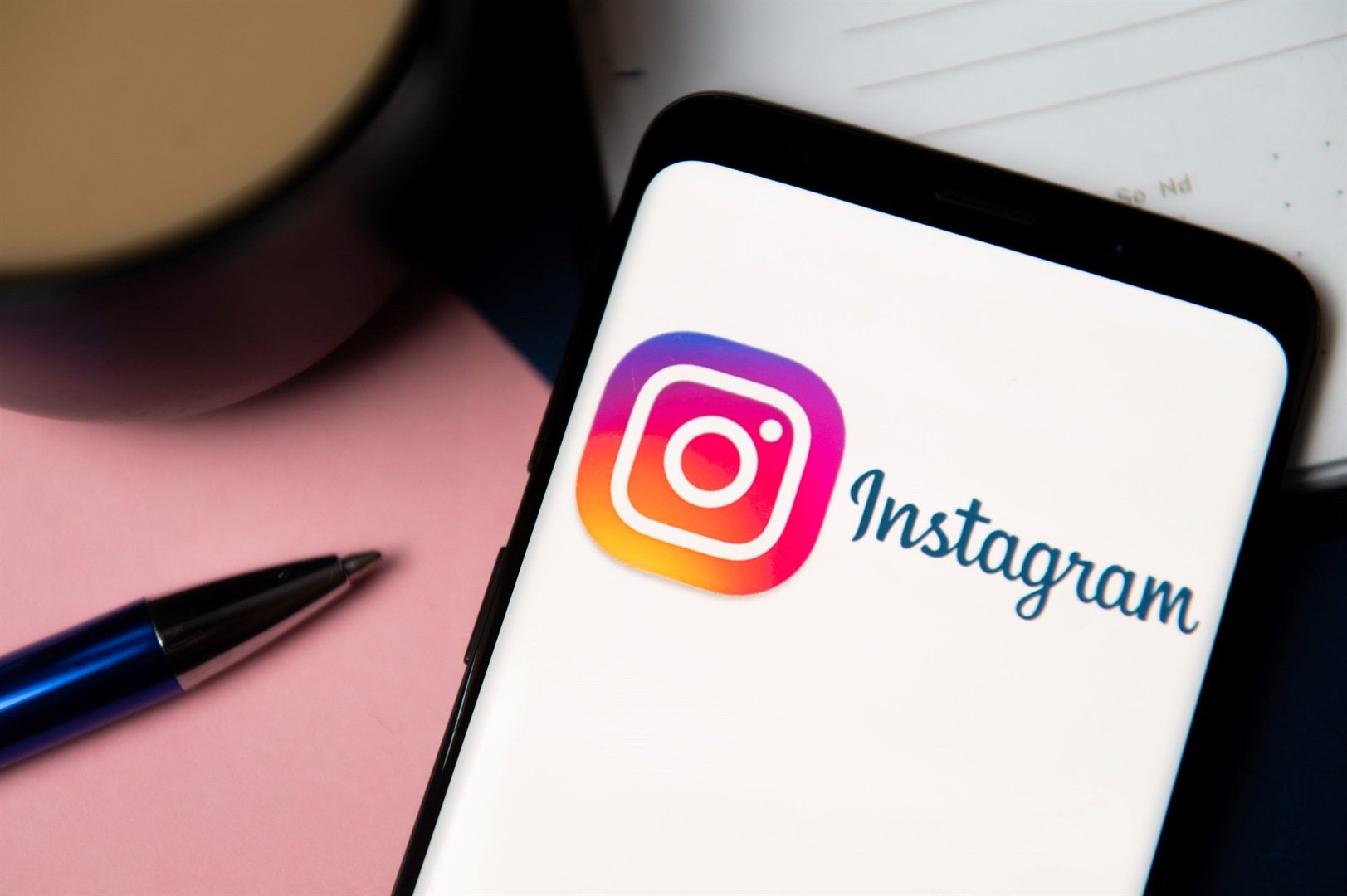
- A Moscow court banned Meta Platforms’s Facebook and Instagram in Russia on Monday, in what was the first use of the country’s sweeping law on "extremism".
- A lawyer for Meta said the Russian court didn’t have the authority to rule in the case because Meta is a foreign-registered company without a domestic presence
- Instagram and Facebook services remain available in Russia via virtual private networks (VPNs), although Russia has taken steps to rein in access to VPNs in recent months.
A Moscow court banned Meta Platforms’s Facebook and Instagram in Russia on Monday, in what was the first use of the country’s sweeping law on "extremism" against a foreign technology company.
The presiding judge backed the prosecutor’s request to ban the social networks with immediate effect ruling them "extremist" organisations, Tass reported from the courtroom. The prosecutor argued that Meta’s policies were directed against Russia and its army.
A lawyer for Meta said the Russian court didn’t have the authority to rule in the case because Meta is a foreign-registered company without a domestic presence, Interfax reported from the hearing. A spokesperson for Meta didn’t immediately respond to a request for comment on the ruling.
It marks the latest escalation against the company since President Vladimir Putin invaded Ukraine. Regulators blocked access to Facebook and Instagram earlier this month. The designation would make it possible to bring criminal charges against any employees in Russia but the company has none.
Russia has increasingly sought to control access to information since it attacked Ukraine, and this month passed a new law punishing the intentional spreading of what the authorities deem "fake" news with as much as 15 years in prison. The extremist label caps a year of escalating pressure on US technology companies as regulators levied fines and slowed access in an effort to force the firms to allow the government determine what is acceptable content.
Other technology giants with local employees could also be targeted with the extremism law. Russia’s internet censor last week warned Alphabet’s Google to stop using YouTube to spread what it labeled threats against the country’s citizens in what could be a prelude to criminalization.
The law has been used to target Putin’s political opponents, including jailed opposition leader Alexey Navalny. Since the attack on Ukraine, independent media outlets have also been slapped with the label, effectively barring them from Russia.
Silicon Valley companies have pushed back against Kremlin pressure since the late February invasion, blocking some Russian state-controlled media. Meta changed its policy to allow users in Ukraine to call for violence against occupying forces and to make nonspecific calls for Putin’s death, although it later clarified that they couldn’t share posts calling for assassinations of heads of states.
Risk to Users
The Kremlin’s propaganda efforts have been aimed at minimizing the scale of the war in Ukraine, which it calls a "special military operation". The authorities have blocked or shut down most independent media outlets, while many journalists have fled abroad.
The government pressure on foreign tech firms for now is focused on media-sharing platforms. Russia is not seeking to block Meta’s messenger WhatsApp, state-owned Tass reported from the courtroom. People with accounts on Meta’s social media also won’t be targeted, Tass said.
"If Meta is recognized as an extremist organization, neither the prosecutor’s office or the court can guarantee the safety of Facebook and Instagram users," Pavel Chikov, the head of the Agora human rights group, wrote on Telegram before the ruling.
Advertising on them or holding shares of Meta could qualify as financing extremist activities, he said.
Instagram and Facebook services remain available in Russia via virtual private networks, although Russia has taken steps to rein in access to VPNs in recent months. Usage has dropped sharply since the bans, with the number of daily Facebook users down 40% and Instagram users falling 16%, RBC reported, citing Mediascope data.




 Publications
Publications
 Partners
Partners












